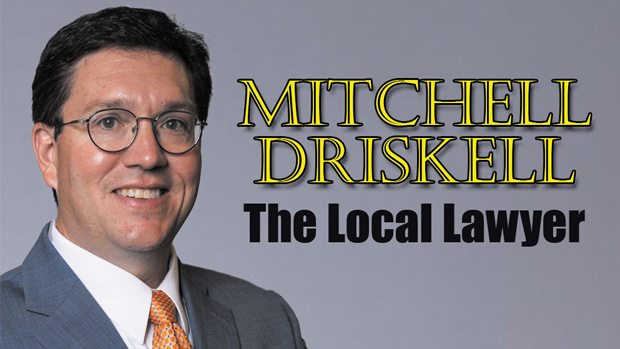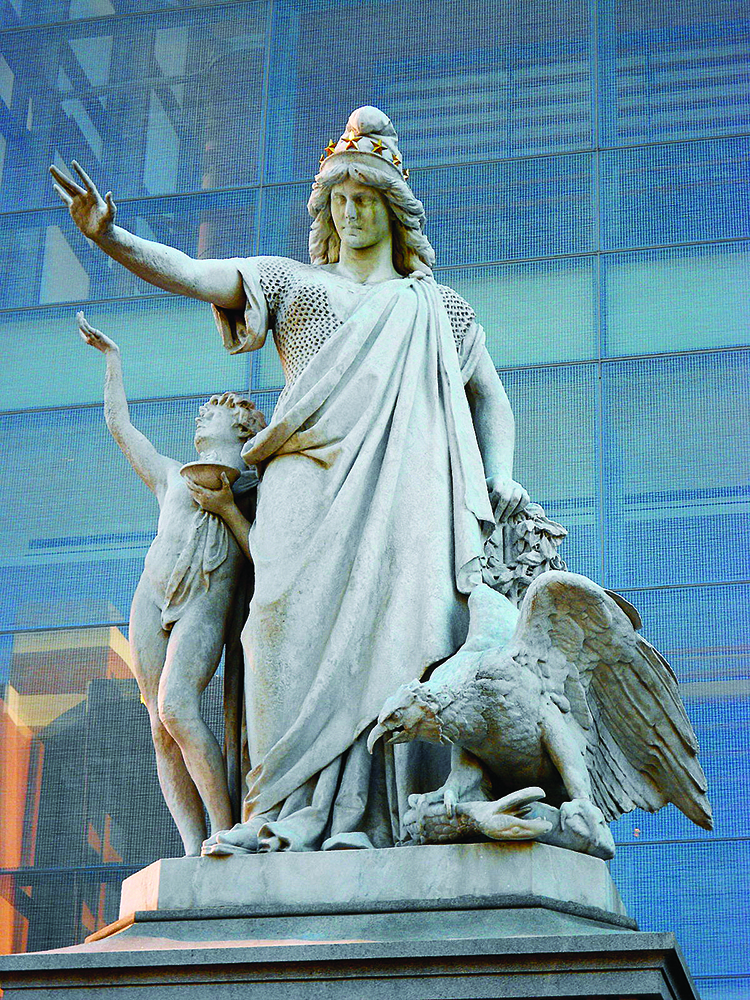
Individual religious freedom has been bolstered in two recent Supreme Court cases (not on a small, individual-sized loaf of bread baked by Samuel Alito).
These “religious liberty” cases are situations where a person objects to a law on religious grounds claiming that following the law conflicts or interferes with religious freedom. Since Employment Division v. Smith in 1990, Americans must all follow “neutral laws of general applicability.” In that case, Alfred L. Smith was fired from his job at a drug rehab clinic because he used peyote for Native American Church purposes, but, as you might expect, it was against the rules of his job at the rehab clinic to be eating peyote. Smith applied for unemployment benefits, but his application for benefits was denied by the State of Oregon under a state law denying benefits to employees discharged for work-related “misconduct.” Smith argued that the government was violating his religious liberty by denying him unemployment benefits. The Supreme Court disagreed and created the “neutral laws of general applicability” test that has favored government laws over religious liberty claims consistently for thirty years—if the law is even handed and does not single out religion, then the law must be followed and enforced. However, in the past six months, the Supreme Court has created what some call a loophole, and some call an entirely new analytical framework.

Last week, the Supreme Court upheld a religious liberty claim in Tandon v. Smith. California’s Covid-19 law limited gatherings in homes to members of just three households, a blanket rule, applying to people who gather in a home for any reason, regardless of whether they do so to pray, to make TikTok videos, or watch Baylor win the men’s basketball national championship (1997 Baylor Graduate here). However, at the same time, California allowed businesses to operate without the same restrictions, and religious objectors argued religious freedom was being treated less favorably than commercial, business activity. The Supreme Court sided with the church folk and concluded that in-home religious activity must be exempted from California’s law. “Small groups” across California rejoiced!
The Court held that laws are not neutral if they treat “comparable secular activities more favorably” and that California did so by permitting hair salons, retail stores, indoor restaurants, and other businesses to bring together more than three households at a time. Justice Kagan argued that there are good reasons why a state might treat these secular activities differently (risk of more prolonged and closer contact, less space for social distancing, and less in-home compliance with mask and social distance rules). The majority of the Court said it does not matter “why” the secular business are being treated more favorably, if religious activity is being treated less favorably, then the law is unconstitutional. If small group church gatherings were prohibited while people could gather at the barber shop, then the law was unconstitutional.
The Tandon case comes after the November decision in Roman Catholic Diocese of Brooklyn v. Cuomo where the Court allowed some houses of worship to operate in defiance of New York’s Covid-19 rules that limited attendance at religious services while allowing “essential” businesses to operate without those restrictions. The Court held that this treatment of commercial, secular activity was more favorable than the restrictions being imposed on the churches, and, therefore, the law was not “neutral” and was unconstitutional. The government unsuccessfully argued that the religious and secular activities being compared must be sufficiently similar and comparing a church service to a grocery store was comparing apples to oranges. The new majority of the Court refused this narrow approach, just like it rejected the “why” argument in Tandon, and is placing religious freedom way up at the top of rights that will be protected from state infringement by federal courts.
However, last week the Court passed on two chances to further expand religious rights, turning away two cases in which private employers (not the government this time) were accused of religious discrimination. One case came out of nearby Collierville, Tennessee, where a man was suspended without pay for missing work on Good Friday. The other was a Florida case where a company refused to give an employee time off on the Sabbath. Both men sued their employers in federal court, alleging religious discrimination, but the lower courts ruled that the employers did not have to set work schedules around the men’s religious schedule. The Supreme Court denied the chance to review the cases which leaves the lower courts’ rulings in place and in effect—the men lost, and similar workers will lose similar cases unless and until the law is changed. Justice Gorsuch voted to take the cases complaining that religious rights under employment law are “the odd man out” and do not receive as much protection as other civil rights.
Mitchell Driskell has been an Oxford lawyer for twenty-one years. He practices criminal law, family law, business transactions and civil litigation. Email him mdriskell@danielcoker.com. Follow him on Instagram @mdriskell, twitter @MODIIItweets and on Facebook.

